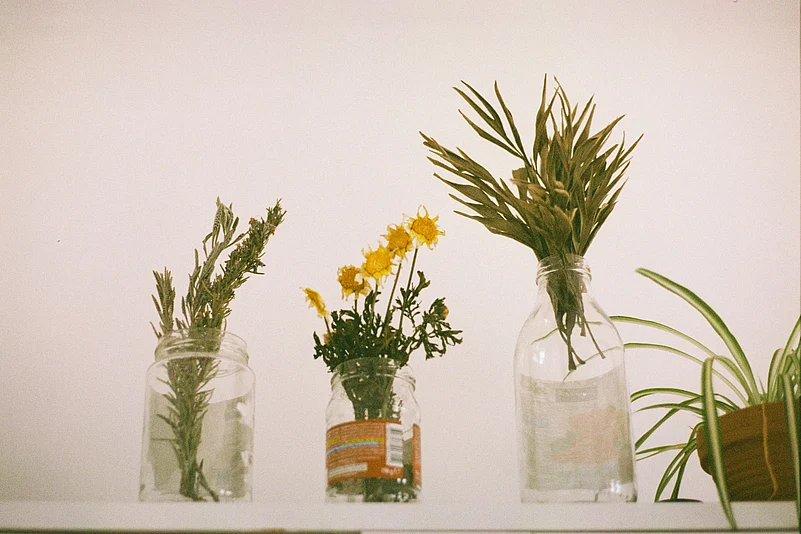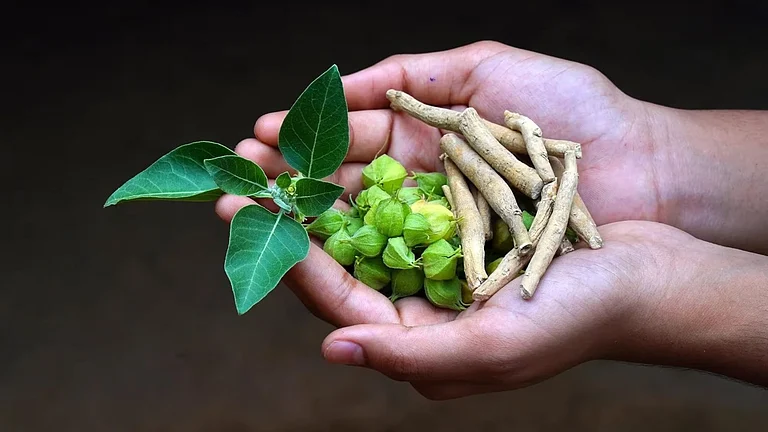Being a plant parent is all the rage, and for good reason! And now as more people embrace the joys of indoor gardening, the responsibility of caring for houseplants has taken on a new level of significance.
Whether you're a seasoned green thumb or just starting your journey, mastering the art of nurturing your leafy companions is essential. Here's a comprehensive guide on how to look after houseplants with care, attention, and love.
Choosing the Right Plant
Not all heroes wear capes - some are simply easier to care for as houseplants. For beginners, consider succulents, pothos, or snake plants. These champions tolerate a wider range of light conditions and watering schedules. Research your plant's specific needs before bringing it home - sunlight, humidity, and preferred pot size are all important factors.
Light It Up (But Not Too Much)
Proper lighting is one of the most critical factors in plant care. Different plants have varying light requirements, ranging from full sun to low light conditions.

Identify the light levels in your home and place your plants accordingly. South-facing windows typically receive the most sunlight, making them ideal for sun-loving plants, while north-facing windows offer lower light levels suitable for shade-loving varieties.
Water Wisely
Watering is a fundamental aspect of plant care, but it's essential to strike the right balance. Overwatering can lead to root rot and other issues, while underwatering can cause dehydration and wilting. Develop a watering schedule based on the needs of your plants, considering factors like soil moisture, plant size, and environmental conditions.
Know When to Feed
Plants need nutrients to thrive, but don't overdo it! During the growing season (usually spring and summer), a diluted fertilizer solution every few weeks can be beneficial.

However, hold off on feeding during winter when most houseplants experience slower growth.
Location, Location, Location
Think beyond just aesthetics when placing your plants. Avoid drafty areas, vents, and heat sources. Keep humidity-loving plants like ferns grouped to create a mini-humid microclimate. Rotating your plants regularly ensures even growth towards the light source.
Bonus Tip: Spa Day for Your Plant!
Dust buildup on leaves can hinder a plant's ability to absorb light. Regularly wipe leaves with a damp cloth to keep them clean and happy.
With a little understanding and these simple tips, you'll be well on your way to becoming a superstar plant parent! Remember, happy plants mean a happy home.





















